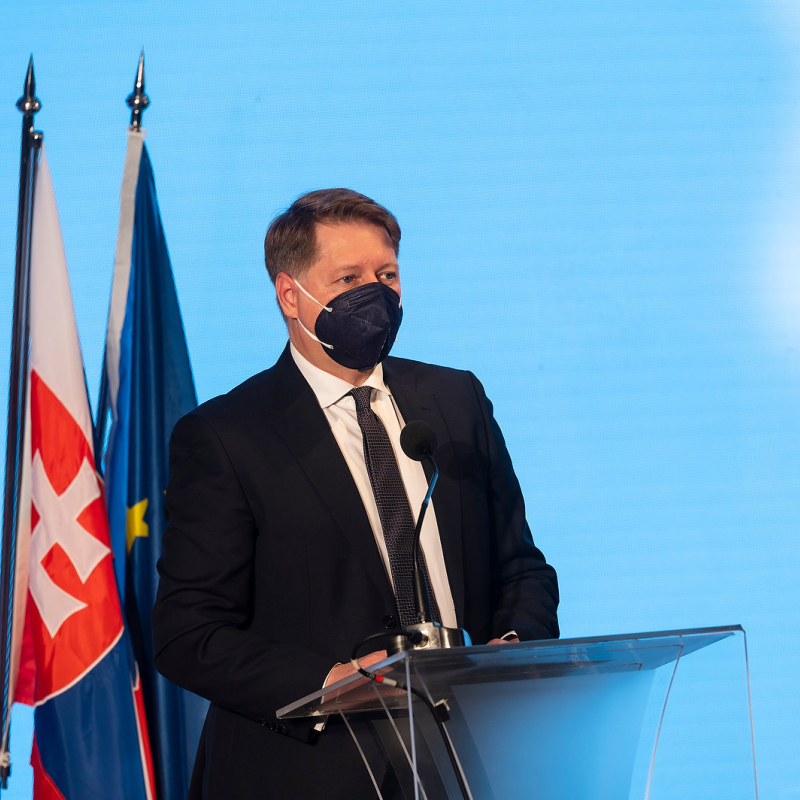
Read the concluding remarks of ELA's Executive Director Mr. Cosmin Boiangiu at the first ELA annual conference and opening ceremony on 9 November in Bratislava, Slovakia
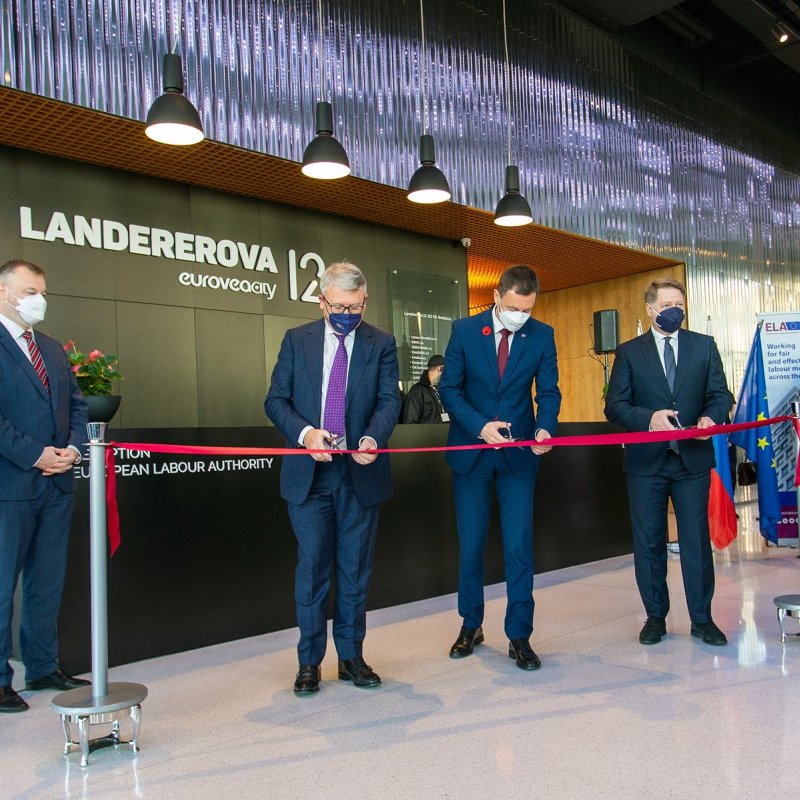
The European Labour Authority (ELA) premises in Bratislava were inaugurated today in the presence of the Prime Minster of Slovakia Mr Eduard Heger and the European Commissioner Nicolas Schmit. On 16 September ELA moved to its headquarters in Bratislava, Slovakia and the first European Union Agency established permanent seat in the Slovak Republic.

Za prítomnosti predsedu vlády Slovenskej republiky pána Eduarda Hegera a eurokomisára pre pracovné miesta a sociálne práva Nicolasa Schmita, boli dnes v Bratislave slávnostne otvorené priestory Európskeho orgánu práce.
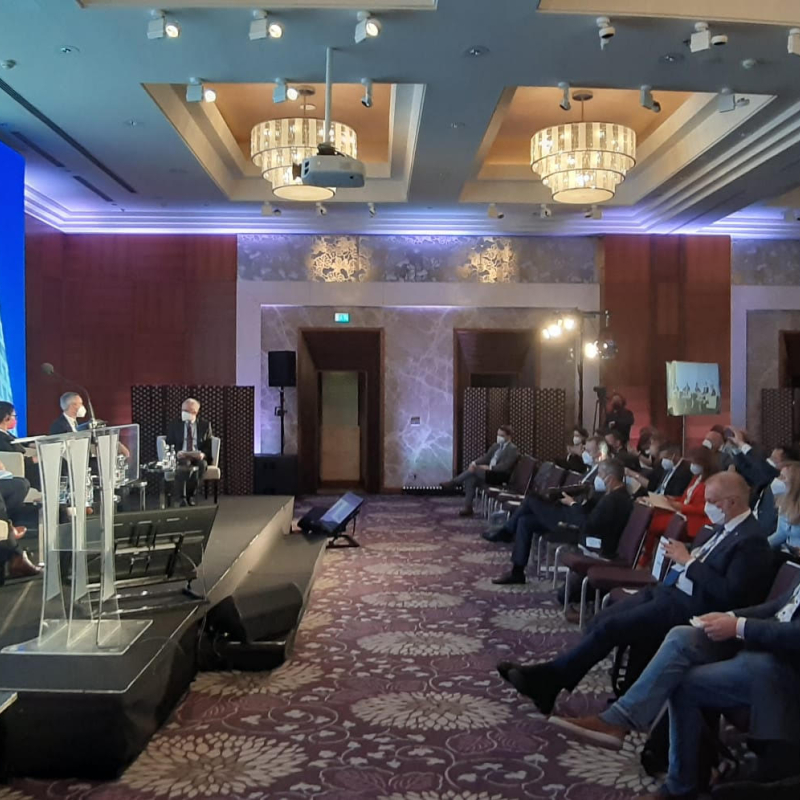
ELA Opening Conference featured many distinguished speakers. Read the complete speech of the Management Board Chair, Mr Tom Bevers.

On 16 September 2021, the European Labour Authority (ELA) reached a new important step in its journey, namely the move to its headquarters in Bratislava, Slovakia. This milestone means that the first European Union Agency has its permanent seat in the Slovak Republic. To celebrate this occasion, ELA is inviting to an opening conference on 9 November 2021.
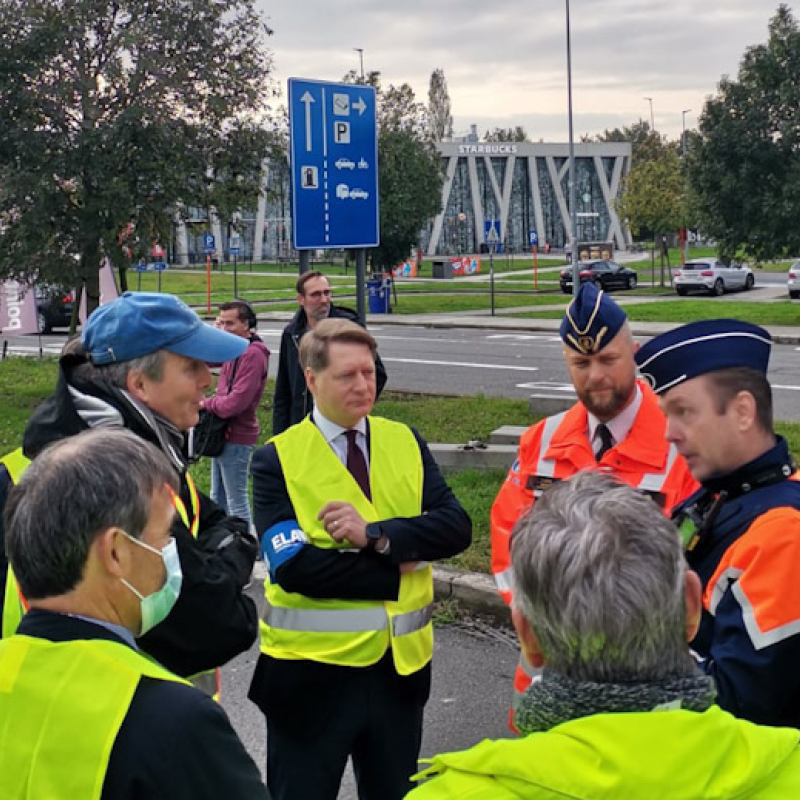
The European Labour Authority (ELA) supported a joint roadside inspection on a high way parking area in Belgium today. The joint inspection focused on controlling drivers of Heavy Duty Vehicles in the context of compliance with the driving and rest time and tachograph rules that have been modernized recently through the adoption of Mobility Package 1. The event was co-organised with ROADPOL (the European Roads Policing Network) and the European Commission (DG MOVE).
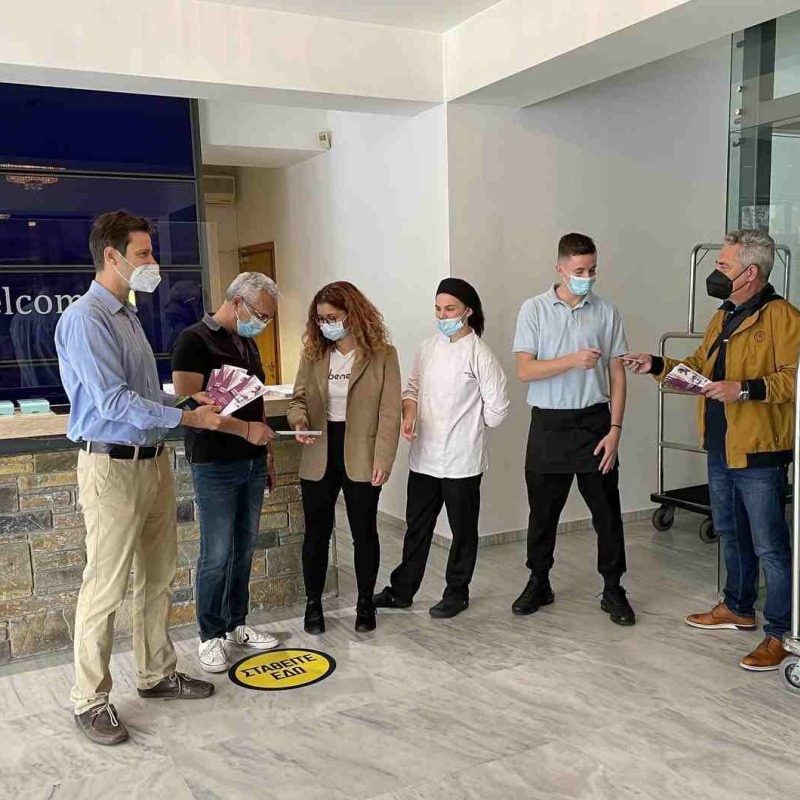
Over the past month, the Hellenic labour inspectorate has been raising awareness across Greece about seasonal workers’ rights with a focus on the hotel, restaurant, and catering (HORECA) sector.
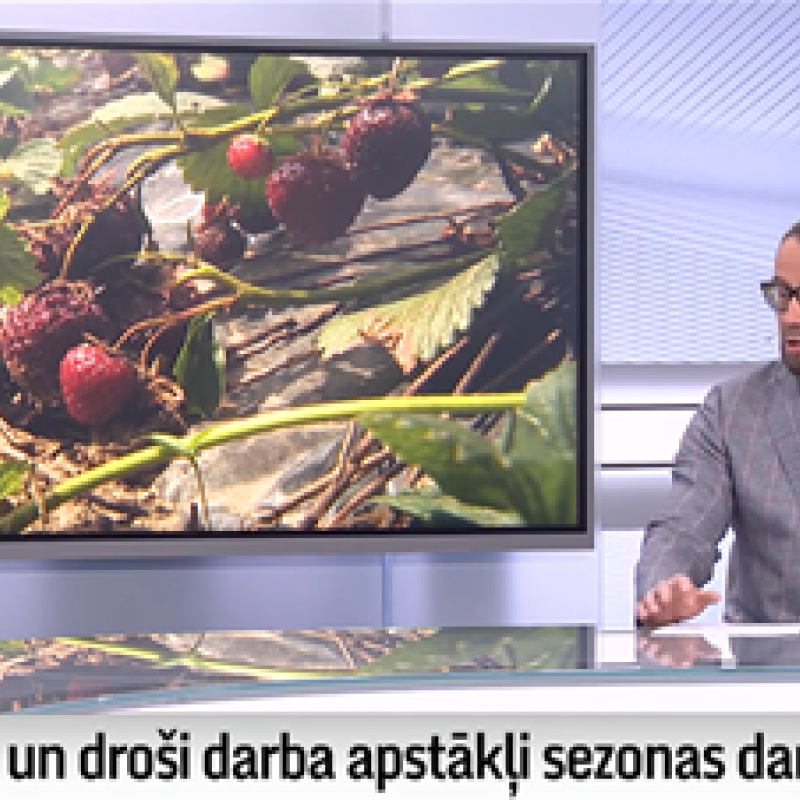
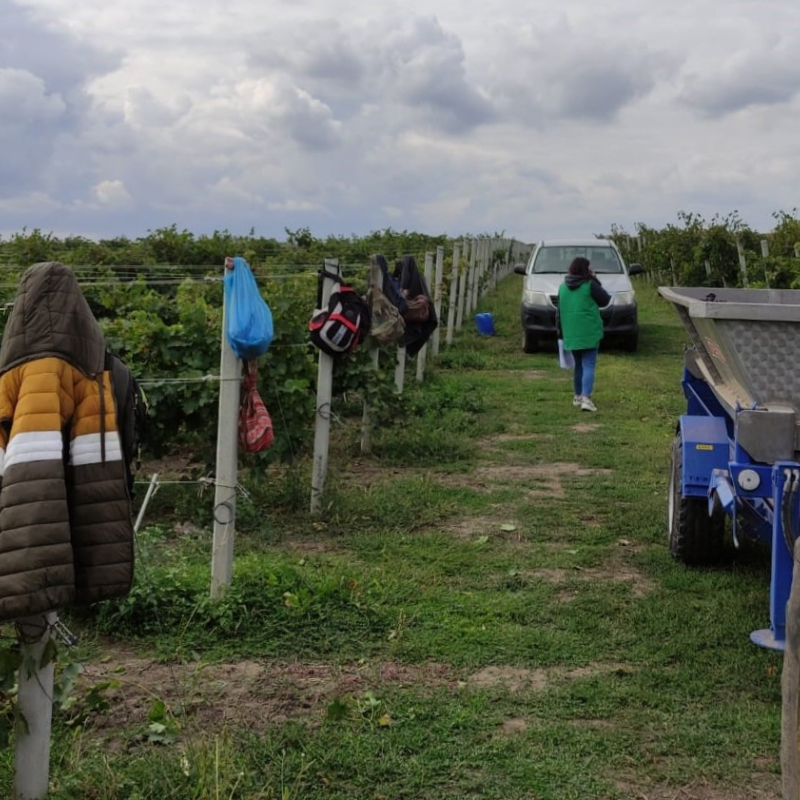
The Romanian Labour Inspectorate marked the EU Week for Seasonal Workers (20-24 September) with a national campaign to raise awareness on employers’ obligations as well as on workers’ rights.

As part of the Rights for All Seasons – Campaign on Seasonal Workers, the European Labour Authority, together with the European Platform tackling undeclared work has launched an interactive game through which you can interact and experience how declared work benefits all.